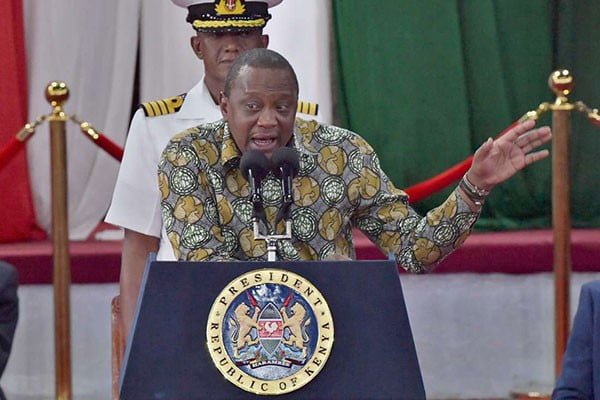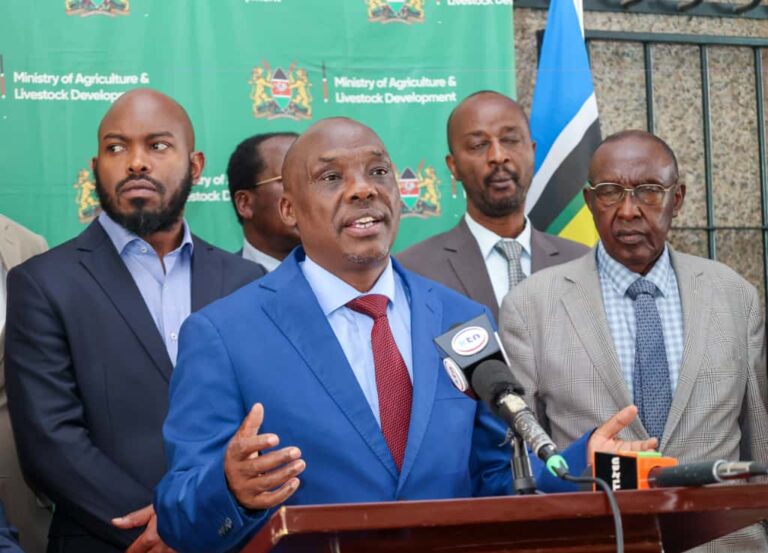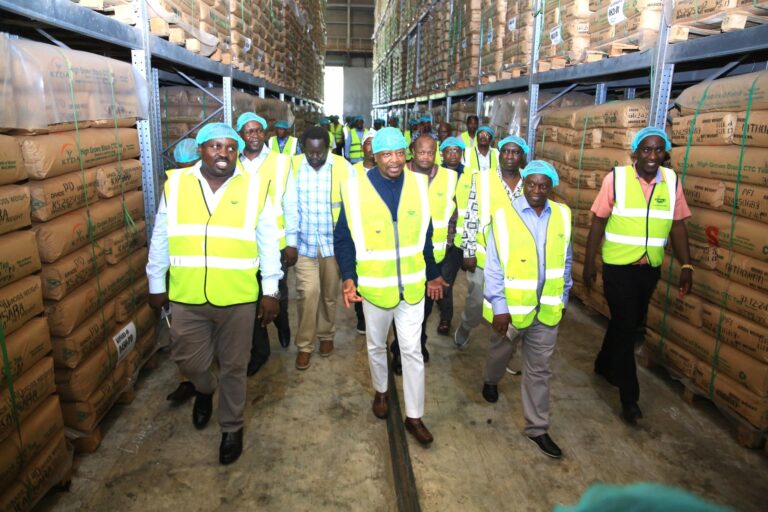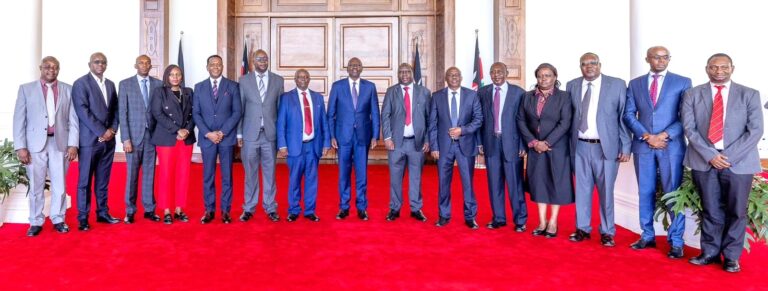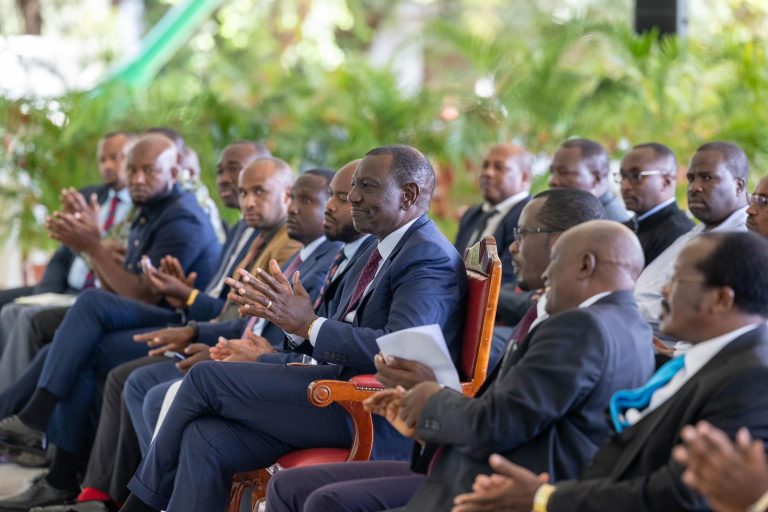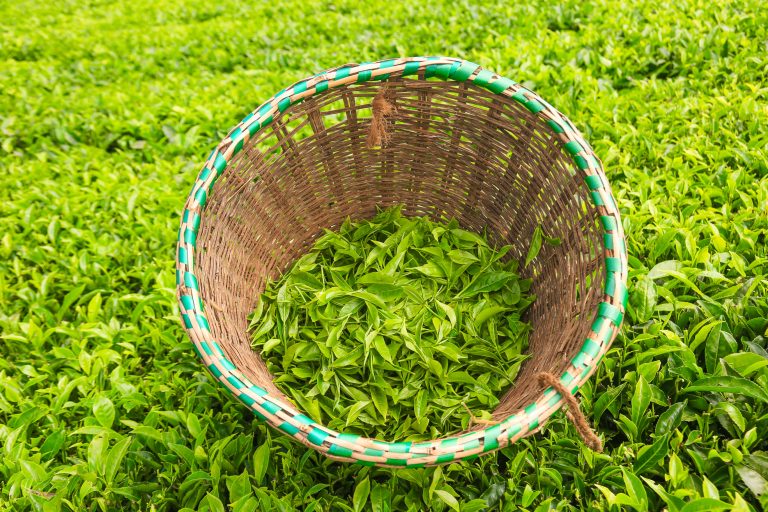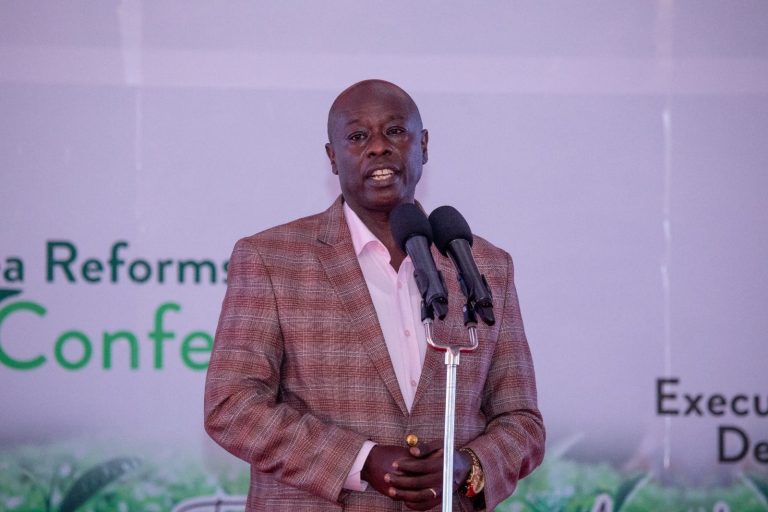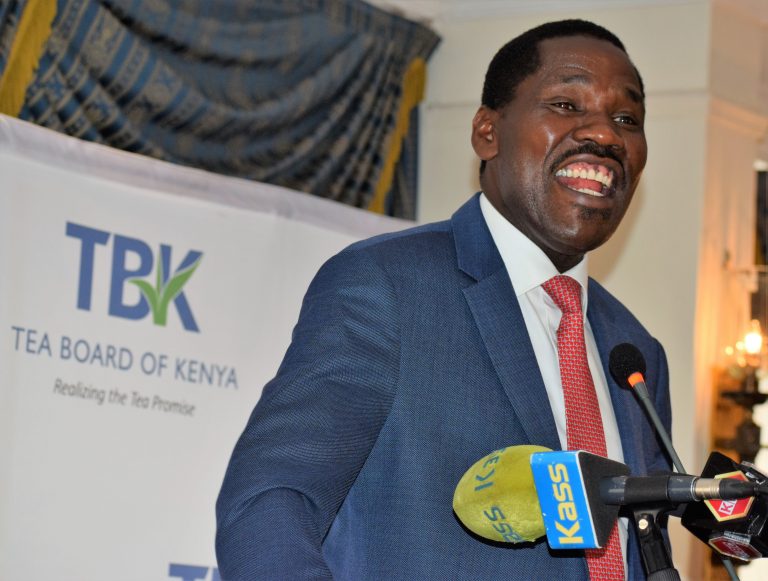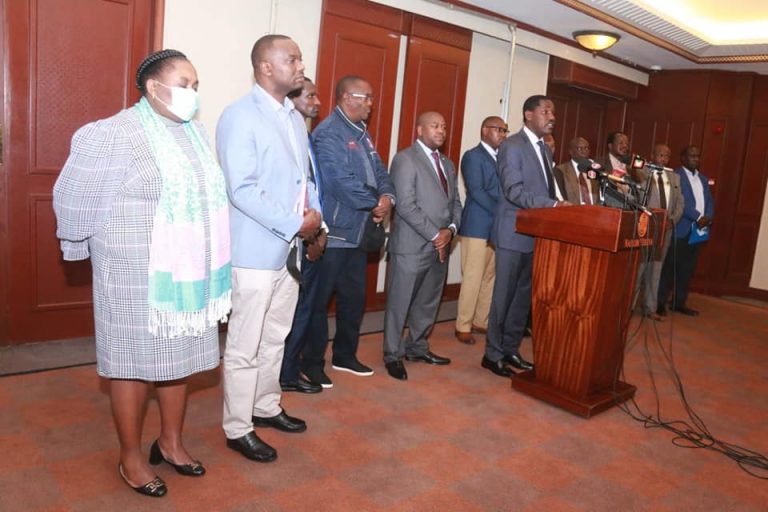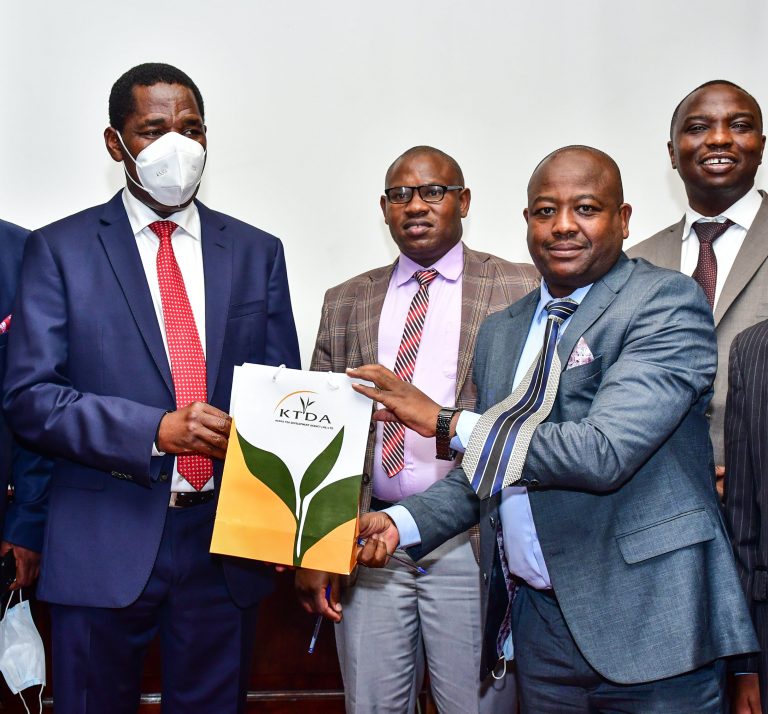“The Kenya Tea Development Agency (Holdings) Limited (KTDA) welcomes the address by H.E. President, Hon. Uhuru Kenyatta, on measures his administration is embarking on to enhance the welfare of the Kenyan smallholder tea farmer. In his statement, the President takes note of the significant contribution KTDA has made in the tea sector and, by extension, to the smallholder tea farmer. We look forward to working with the various state agencies as directed by His Excellency”
The short statement released by KTDA shortly after President Uhuru’s address to the nation may have not been noted by many people but it underscores the pressure, they have suddenly found themselves in. They chose to focus on the small positive statement the President made about them leaving out the part where the President faulted them for ruining the tea sector. Among the interventions the President announced in the agriculture sector, KTDA was the main focus with the President calling for its overhaul. Matters started going wrong last year when KTDA announced a 25 per cent drop in earnings for the 2018/2019 financial year. Tea farmers earned Kshs 46.45 billion compared to Kshs 62 billion over a similar period in 2017/2018. The other time tea farmers earned this low was in 2014 when they earned Sh35.5 billion. Smallholder tea farmers who produce 60% of tea in Kenya are paid monthly and final payment is made after the close of the financial year, generally around October which is referred to as tea bonus.
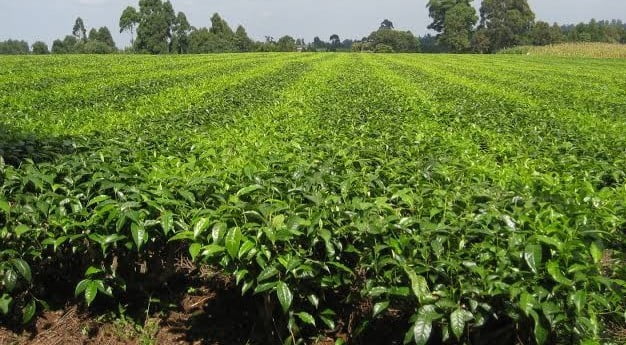
Farmers and other stakeholders took on KTDA management accusing them of fleecing farmers citing the low bonus payments. The Directors led by the Chairman Peter Kanyago and KTDA Managing Director Lerionka Tiampati responded like wounded lions defending themselves against the accusations. Addressing the media on 2nd October last year at the Agency’s headquarters in Nairobi, Tiampati wondered why everyone was focusing on tea only while milk farmers were also getting low payments for their produce. They also denied that farmers were uprooting tea bushes due to frustrations. When journalists confronted them with evidence, Tiampati retorted “It is your choice to uproot your tea bushes or not. Farmers could turn to alternative crops if tea is not profitable to them. We have no say over what farmers want to do with their tea bushes. They are overall owners of the plants,”
The defence by KTDA management seems to have worked against them as more accusations came their way. They were accused of malpractices in tea selling and misappropriation of funds. Murang’a County through Governor Mwangi Wa Iria called for an audit of their books and went to court. The County Government in its application had sought investigations of KTDA accounts by the Auditor General’s office. The County Government moved to court under a certificate of urgency, on grounds that the year’s tea bonus payment announced by the agency was reduced as compared to that of last year. The County government Cooperatives Chief Officer, Bernard Wanyoike in an affidavit, argued that there was a reduced annual bonus payment of Sh.8.9 billion, down from Sh.11.2 billion of 2018, thus need for investigations. The Agency went to court to bar the Auditor General from inspecting their books. The President acknowledged there was a problem in his speech. “The key concerns are on low tea prices, delayed payments, low initial payment by KTDA and fluctuations in net income of tea farmers. Smallholder sub-sector management: Kenya Tea Development Agency (KTDA) Ltd has delivered a lot of value to farmers in the past but some operational and governance challenges have emerged in the last few years. Key among these is a conflict of interest by directors and lack of clarity in the declaration of dividends by subsidiary companies. It is clear the governance of KTDA and entire marketing of tea will require to be restructured if we are to assure our tea farmers get more revenue from their tea sales. Empirical evidence abounds; as a result of poor corporate governance farmers who would be earning about 91 shillings per kilo for their tea, are currently earning about 41 shillings with 50 shillings per kilo going to brokers and middlemen,” said the President.
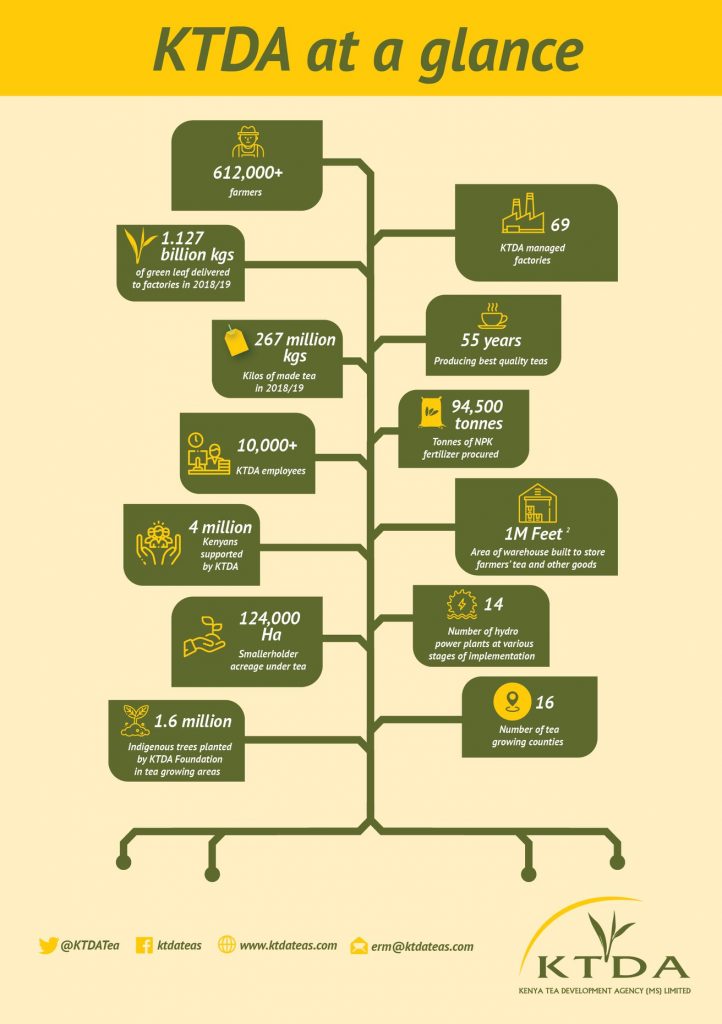
The Competition Authority was ordered to take decisive and conclusive action to bring these practices to an end. The Ministry of Agriculture was directed by the President to work on the option of KTDA paying farmers no less than 50% of their deliveries as monthly payments with the balance being paid as an annual bonus. The National Treasury, the Ministry of Trade and Industry, the Ministry of Agriculture and the Attorney General are to finalize and gazette the newly developed Tea Regulations (2019) within the next two weeks. These regulations include establishment of the Green Leaf Pricing Formula Committee to determine the formula for pricing of green leaf; the establishment of a self-sustaining stabilization fund to cushion farmers against price fluctuations and ensure implementation of guaranteed minimum returns; establishment of Kenya Tea Council; and regulation of the volume of teas sold through the Auction and through Direct Sales/ Direct Contracts to be set at 80% Auction and 20% Direct Sales window.
More people had taken on KTDA taking the chance to address other issues like the conduct of elections. The Democratic Party specifically was very vocal on this and the leaders joined hands with others and formed the Kenya Tea sector Lobby to put pressure on the Agency and on the government to act.
Three farmers, Mr Joseph Mwangi Mbote, Mr Peterson Maina Gathua and Mr Samson Mwangi Wairugu moved to court accusing KTDA company secretary of unilaterally and without authority, publishing an election procedure manual for KTDA-managed tea factories’ director nominees. In the petition, they claimed that the agency shielded some directors from the risk of losing directorship. They accused KTDA of carrying out the process in a cloudy manner which ensured a pre-determined selection of officials, rather than transparent elections and strange rules. They claimed that the irregular and premature zonal elections saw the elections of Erastus Gakuya (Zone 2), Peter Kanyago (Zone 4), Paul Ringera (Zone 7) and Mr Phillip Ngetich (Zone 8). The petitioners, who are also members of the Democratic Party of Kenya, claimed in the petition that the KTDA directors and the office of the company secretary have transformed themselves into an exclusive cartel that determines the outcome of the elections of both factory directors and zonal head-office directors, making it extremely difficult to effect any changes in the composition of the boards at holding company level and factory level. The agency called the three busybodies who vied and lost during the elections and only rushed to court claiming to challenge the rules and the presiding officer.
Hon Mr Justice W. Korir noted that the case had real merit and deserves due consideration. He, therefore, extended the conservatory orders restraining the “elected directors” from assuming their positions till he delivers the full ruling on 20th February this year. During the Court battles, KTDA hired lawyers who represent the crème de la crème of the profession in the country like SC Fred Ngatia and Waweru Gatonye. During another case which involved a leadership wrangle at Kiru Tea Factory, KTDA wanted the case to be transferred to Nairobi which was seen as an attempt to deny farmers from the factory the chance to attend the proceedings. Justice Korir later transferred the cases to the High Court in Murang’a
KTDA was determined to silence any critics and soon it took to threats and intimidation. On 17th October 2019, former PS Irungu Nyakera from Murang’a who is the Deputy Party Leader of Democratic Party together with the party’s Deputy National Secretary General and Nyeri politician Wambugu Nyamu wrote to the Director of Public Prosecutions (DPP) Noordin M. Haji. The letter was titled “Report on economic sabotage, conspiracy to defraud, abuse of office, misappropriation, embezzlement and procurement irregularities by the management of Kenya Tea Development Agency Holdings Limited and its subsidiaries”. In the letter, they wanted the Directors and Senior management of KTDA investigated for price-fixing, insider trading, theft of tea on transit, urging warehousing and loading to the ships, awarding contracts to parties connected to them, swindling farmers, manipulation of factory, regional & KTDA elections among others.
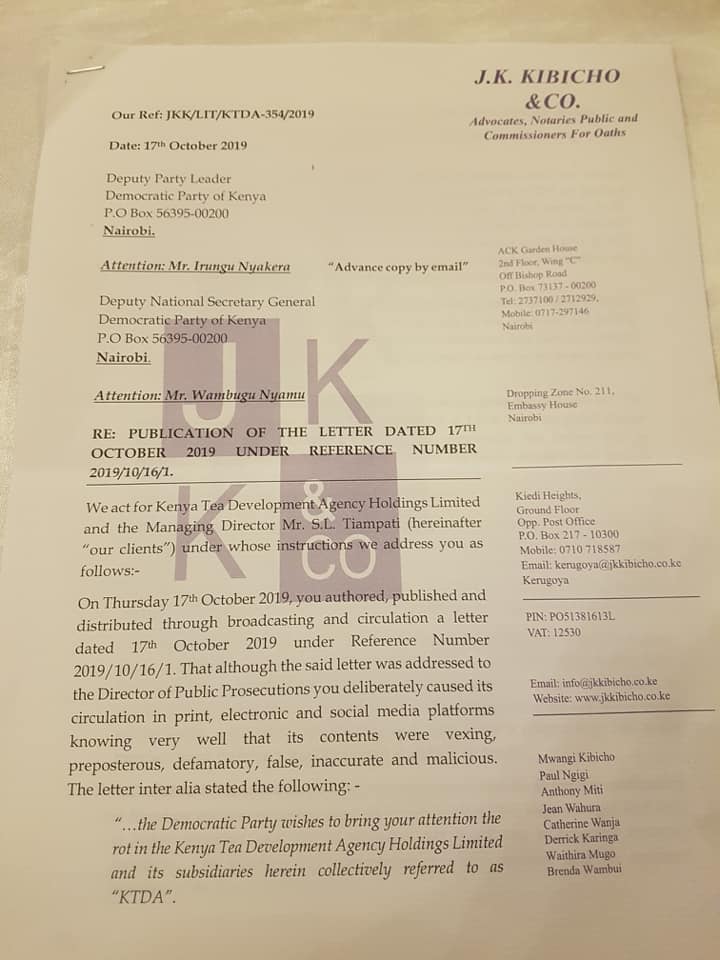
KTDA acted the same day and the two received a letter from the agency’s lawyers. The accusations were that though they were writing to the DPP, they “deliberately caused the letter’s circulation in print, electronic and social media knowing very well that its contents were vexing, preposterous, defamatory, false, inaccurate and malicious”
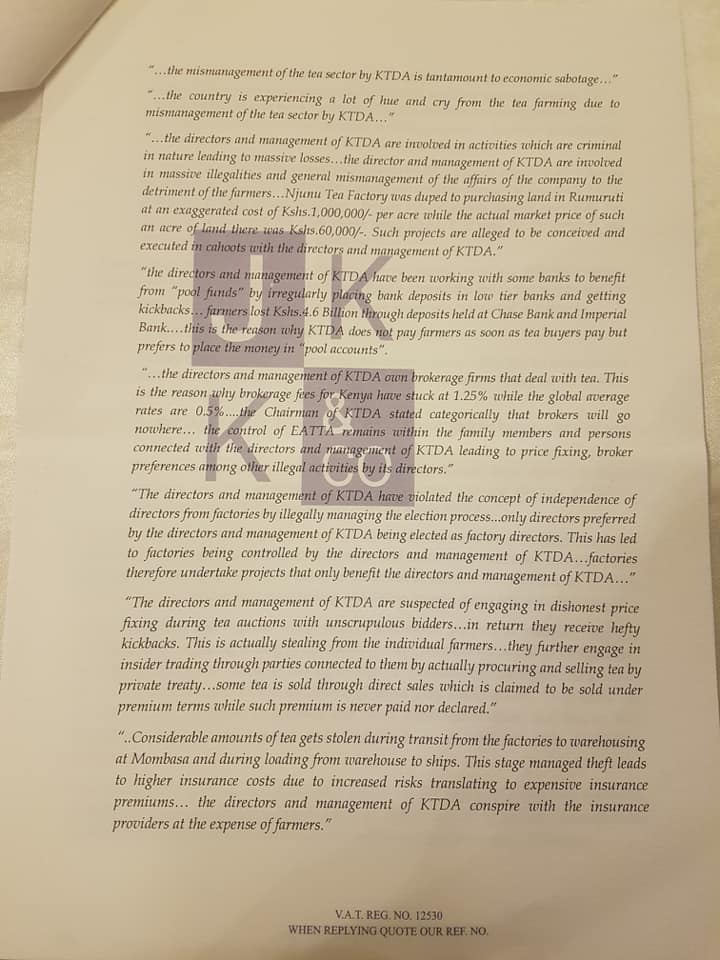
The agency wanted them to withdraw the letter and offer a public apology indicating the contents were false and inaccurate together wit a written admission of liability failure to which they would be sued. They were also supposed to apologize for appearing in a vernacular television station and discussing the agency. They never apologized. Around the same time, Daily Nation journalist John Kamau was also writing several articles about KTDA and its inefficiencies. He also received a letter requiring him to stop such articles and apologize.
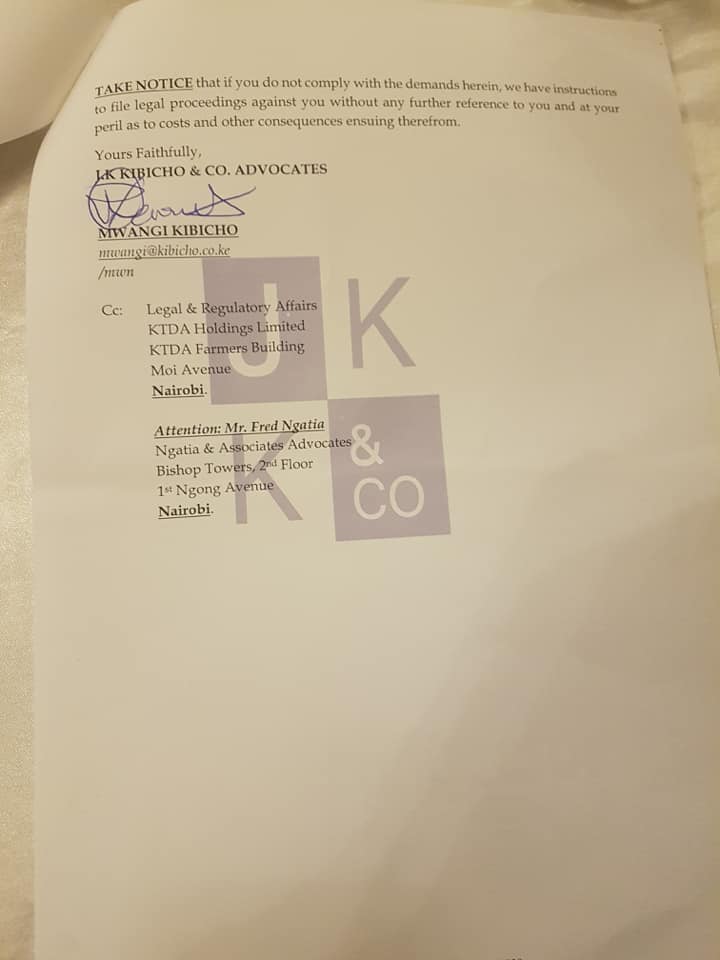
The issue of KTDA’s subsidiaries has been a thorn in the flesh to the management when queries were directed to them. They were often questioned on their profitability and whether farmers benefited from them. They were always cagey on this and they never gave a conclusive answer. These are:
- Chai Trading Company Limited – core mandate is warehousing, blending, clearing and forwarding, value addition, export and general tea trading.
- Majani Insurance Brokers- an insurance broker and an active member of the Association of Insurance Brokers of Kenya (AIBK)
- Greenland Fedha Limited- to provide affordable financing, initially to small scale tea farmers, and to increase access to financial services among the lower-income and rural households in Kenya’s tea-growing areas.
- Kenya Tea Packers Limited (KETEPA) was registered as a Private Company in September 1977 and started operations in January 1978. The company was required by law to serve the local market only. The law was changed in 1992 which allowed export of tea. KETEPA now exports packed tea to destinations around the world. Ketepa is owned by the tea Farmers of Kenya through the Kenya Tea Development Agency Limited (KTDA) and the Kenya Tea Growers Association (KTGA). The Kenya Tea Development Agency is the majority shareholder representing over 450,000 small scale tea farmers spread all over the country.
- Tea Machinery And Engineering Company (Temec) – carries on all kinds of business relating to supply of entire equipment required for tea processing, steel plants, fertilizer factories and other industrial projects and their ancillary services and in particular, to take up contract for design, manufacture, inspection, supply, erection, and commissioning of all kinds of equipment for the various Tea Factories and beyond.
- KTDA Power- it invests in the energy sector and manages small hydro-power projects owned by Factory Companies.
- KTDA Management Services Ltd- manages the 65 tea processing factories through management agreements with the respective Factory Companies.
- KTDA Foundation Limited is a non-profit charity of the Kenya Tea Development Agency (Holdings) Limited. The Foundation raises funds in Kenya and from abroad to initiate and support programmes that improve the welfare of small-holder tea farmers in Kenya and participates in other needy causes.
The President directed the Ministry of Agriculture and the Ministry of Trade to take immediate measures to ensure that each of the subsidiaries has separate Governance structures; and that the profits from each of the subsidiaries are reflected in farmers’ incomes.
Brokers were also targeted as it emerged that some people were buying tea and selling to KTDA. “These middlemen, variously known as “soko-huru” or “mukohoro”, purchase tea from the farmers on a cash-on-delivery basis, and then sell it to KTDA in their own names. I direct the ministry of agriculture to ensure that the Tea Regulations 2019 incorporate appropriate mechanisms to ensure that, no one who is not a registered tea grower is allowed to sell it,” said the President.
When these directives by the President are affected, they will change completely the way KTDA operates. So, are they ready to follow the President’s orders? In an interview with a local daily, Tiampati was quoted saying they would consult farmers an arrive at a “workable percentage”.
“Once the tea has been sold, it is the farmers’ money and we will consult them on how they wish to be paid,” he said. Seems like it took the President’s intervention for them to remember the farmer needed to be consulted.


